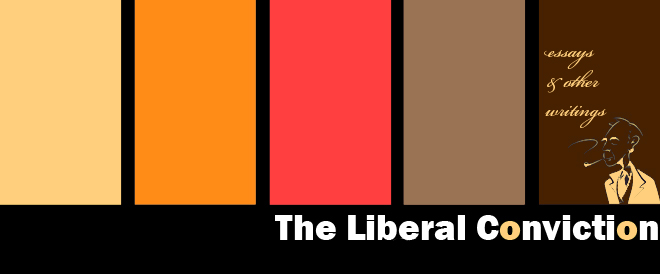A Case for Marijuana Legalization

For 50 years, the strict legislative ban on Marijuana has done nothing to stop, or even deter slightly, its rampant use within the
Regardless of future policy, it does not take much to see that government’s current marijuana policy is in complete disarray. Continuing current policy would mean expending almost 10 billion dollars a year in a fruitless war against marijuana; catching a small fraction of users and making examples of them. Not only are punitive laws ineffectual, but the ban is causing more social problems than the marijuana itself. Though it’s hard to determine the full extent of our government’s marijuana regulation failure, the fact that one third of the
Decriminalization, which is a significant decrease in the punishment for marijuana possession, is the in vogue compromise to the escalating controversy about the future of marijuana in
It’s necessary to concede that marijuana is detrimental to one’s health and that legalization may increase use in some respects, however the two should not be taken as self evident truths. In fact, according to a very surprising 2003 reanalysis of 15 previous studies, experts found that “long-term and even daily marijuana use doesn't appear to cause permanent brain damage” adding to evidence that marijuana is not only safe over time, but can be used as an effective treatment for disease. It’s certainly note-worthy that with marijuana illegal, its contents cannot be regulated—making it a potentially more dangerous substance than if it were legalized and regulated under the FDA. Also, increases in statistical marijuana use directly after legalization should not be taken seriously because naturally, once legal, more people will admit to regular use of marijuana, thus skewing the data.
Many pot-prohibitionists will point with fear at the aftermath of the alcohol prohibition repeal. They will remind us of the juggernaut tobacco and alcohol industry aimed at young people. They will claim: Marijuana is bad! We don’t need yet-another drug targeted at our children! They might try to paint you a picture of a complete, drug induced, social breakdown. Where everywhere marijuana is pushed into the social forefront being used, abused, and forced into our lives just like alcohol after prohibition. Don’t succumb to believing this despicable slander!
The fact of the matter is: our society would reap tremendous economic benefits by taking advantage of a lucrative underground marijuana industry already in place. Rather than loosing 10 billion dollars a year in preventative efforts, we can gain money through taxation. Not only would we gain substantial amounts of money from taxes and save a not insubstantial amount by not pursuing pot-using criminals, but by noting the tremendous number of marijuana related cases a year, it is clear that a lot of police time and jail space can be redirected to more serious offenses.
When confronted with this fact, often prohibition supporters put morality into question: How can a society profit off drugs without condoning its use? Though a valid the concern, the argument is severely flawed. Everyday, people across the country use one type of drug or another. The obligation of the society is not to restrict a person’s right to choice, rather it is to make sure that safe drugs, though discouraged, are available and that unsafe drugs are taxed heavily and not available. The
Also, though opponents of legalization might claim otherwise, I believe it its not marijuana itself that is a “gateway” towards more serious drugs, rather it’s the criminal scene in which it’s obtained. The
It is clear that the legalization of marijuana, a measure taken with care and sophistication within a system utilizing strict government regulation, can offer many positive benefits economically, medically, and towards the preservation of liberty and personal choice. A federally initiated system that regulates the cost, the content, and the consumers of commercial marijuana would allow a redirection of funds and resources away from a fruitless battle against marijuana and towards more serious law infractions. Whether in fashion or not, when considering the abysmal state of government regulation of marijuana consumption, legalization must be considered as a practical solution to very real issue. Let the historical precedence be considered: prohibition did not work then and clearly it is not working now, I say legalize it!
Labels: article




0 Comments:
Post a Comment
<< Home